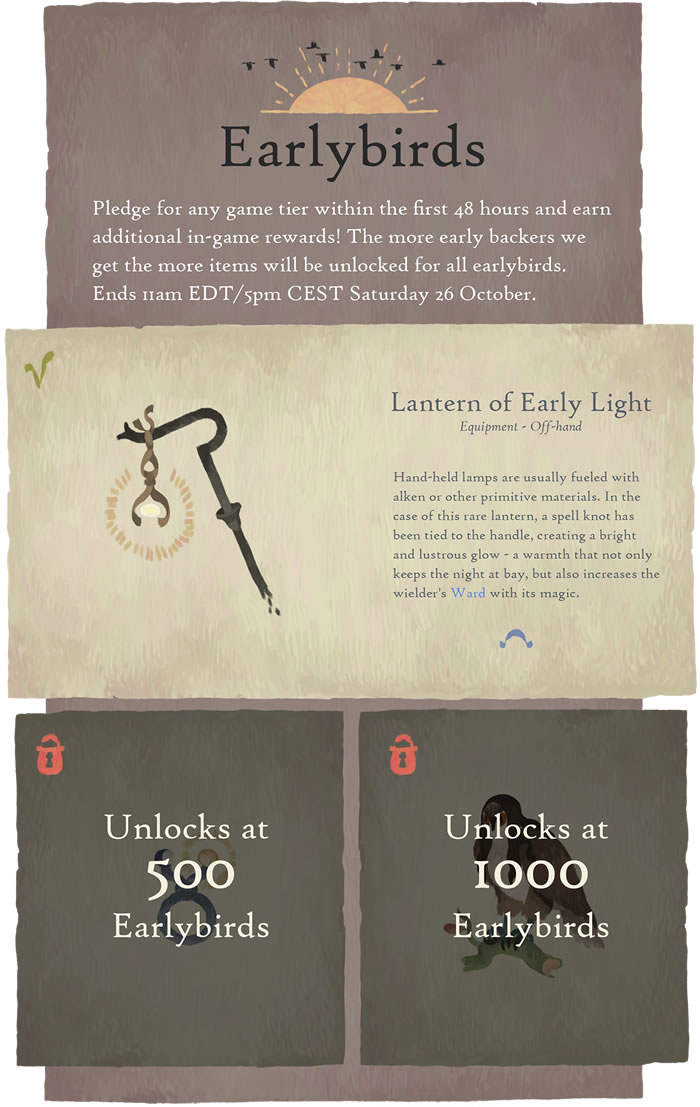


Was this just a familial quirk, or something more? "She referred to it as though it was utterly normal," says Ekirch.Ī first sleep implies a second sleep – a night divided into two halves. There was no further explanation – the interrupted sleep was just stated matter-of-factly, as if it were entirely unremarkable. In her testimony, Jane describes how just before the men arrived at their home, she and her mother had arisen from their first sleep of the evening. "I can cite the original document almost verbatim," says Ekirch, whose exhilaration at his discovery is palpable even decades later. "They comment upon activity that's oftentimes unrelated to the crime itself."īut as he read through Jane's criminal deposition, two words seemed to carry an echo of a particularly tantalising detail of life in the 17th Century, which he had never encountered before – "first sleep". "They're a wonderful source for social historians," says Ekirch, a professor at Virginia Tech, US. So far, he had found court depositions particularly illuminating. He was sceptical that he'd find anything new. He was dreading writing the chapter on sleep, thinking that it was not only a universal necessity – but a biological constant. Originally, Ekirch had been researching a book about the history of night-time, and at the time he had been looking through records that spanned the era between the early Middle Ages and the Industrial Revolution. And something about it struck him as odd. There, among the endless rows of ancient vellum papers and manuscripts, he found Jane's testimony. Nearly 300 years later, in the early 1990s, the historian Roger Ekirch walked through the arched entranceway to the Public Record Office in London – an imposing gothic building that housed the UK's National Archives from 1838 until 2003. That night, Mrs Rowth was brutally murdered, and her body was discovered in the following days. Or maybe she was in trouble, and knew that leaving the house was a risk.Įither way, Jane's mother didn't get to keep her promise – she never returned home. Perhaps Mrs Rowth had some nocturnal task to complete. She went with them freely – but first whispered to her daughter to "lye still, and shee would come againe in the morning". As Jane later explained to a courtroom, her mother had evidently been expecting the visitors.


 0 kommentar(er)
0 kommentar(er)
